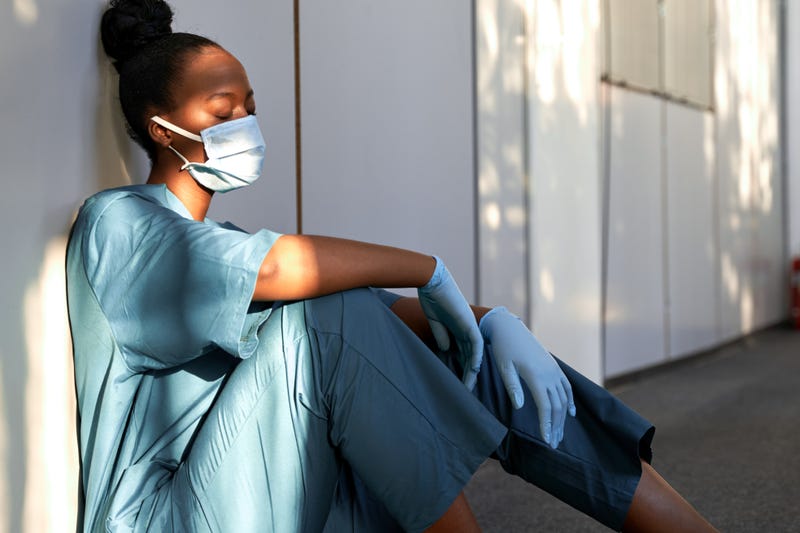
How do you decide which frontline workers who continued in the physical workplace face-to-face with the coronavirus are more deserving of a cash payment? That's the process legislators began Wednesday.
The Frontline Worker Pay Working Group is tasked with distributing $250 million to the state's frontline workers. Republican Sen. Mary Kiffmeyer said it was a starting point.
"I don't know if we can ever give enough that really demonstrates the value because there was so much value, so much heart, so many good things that were done that I don't know if any money can necessarily be enough, you might say, in how we think and how we value them," she said.
Over nearly three hours the group heard testimony from dozens of people spanning multiple sectors that were not able to work from home in the pandemic: ICU nurses, long term care and child care workers, food service, grocery store employees, janitors, foster parents and more spoke about how they feared for their and their family's safety.
"I wanted to use this time to encourage the commission to act without delay to show appreciation for a workforce that is all too essential and all too exhausted," Gene Sparks, an EMT, said. "Essential workers like myself are facing a uniquely difficult environment. Like many people we see and hear about COVID in our personal lives, but unlike those people, worklife cannot provide an escape or distraction from the ongoing pandemic."
The testimony showed the wide scope of people whose lives were not just disrupted by the pandemic, but put in danger.
"Despite the available loans and all the public health mandates and guidelines, it was months before we had simple sanitary supplies and masks," Xavier Heim, a security guard at a downtown Minneapolis building, said. "When my colleagues, overwhelmingly Black and brown people with families got sick because they weren't protected, they couldn't take the time they needed to recover. Despite it all, the essential workers stepped up. We stepped up to help protect our community. Thousands of us put ourselves in harm's way every day knowing it could cost us everything."
Some Republican lawmakers suggested that the funds go primarily to long term care and health care workers in emergency rooms with the rest to be determined.
"We could give $50 to everybody in the whole state, but that is not substantial enough to, as Rep. Neu said, reward those that were on the frontline," Republican Sen. Karin Housley said. "In statute it says they have to be at an increased risk of virus exposure."
However, the group, chaired by DFL Rep. Ryan Winkler, was not ready to commit to a dollar total. Lawmakers are scheduled to finalize a plan in September.
"We could try to create a perfect solution where we where we have very carefully delineated criteria, but that's going to take much longer to get the money out the door to these workers," Winkler said. "Perfect and fast are also going to be a little bit intentioned with each other."
